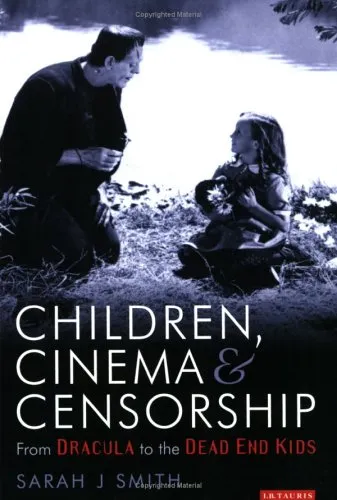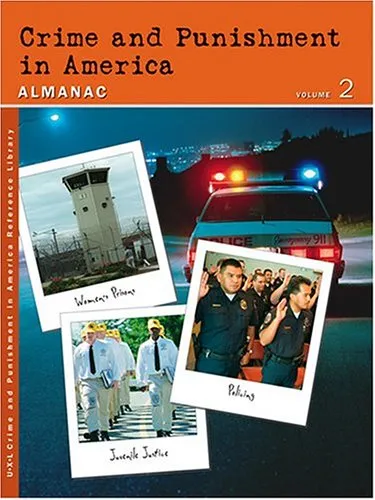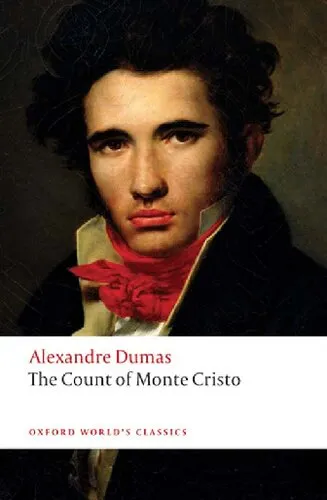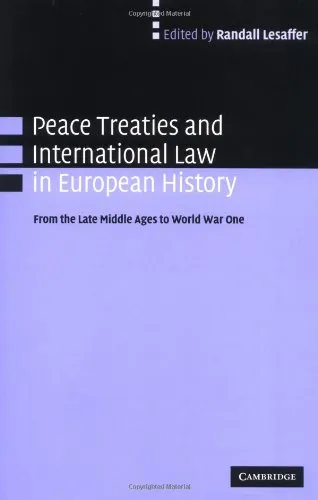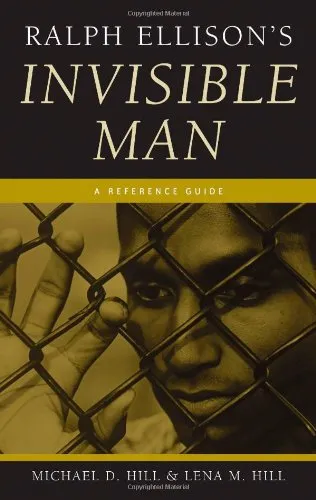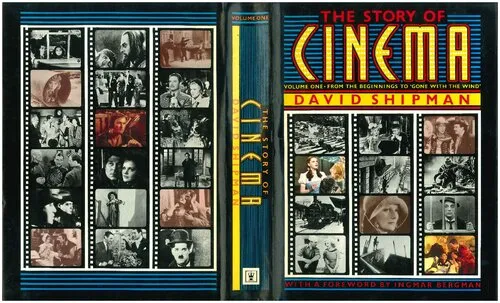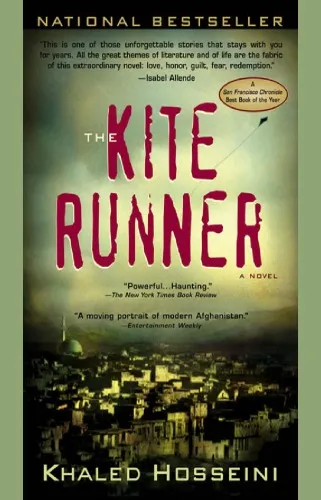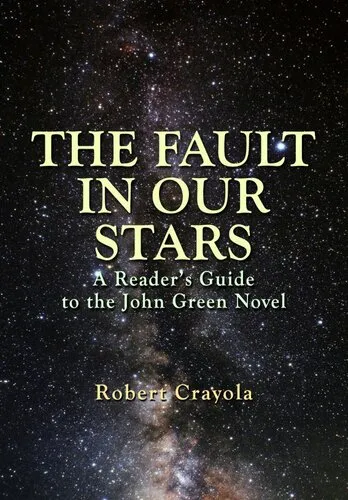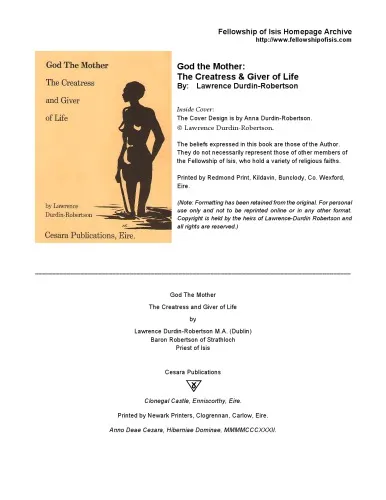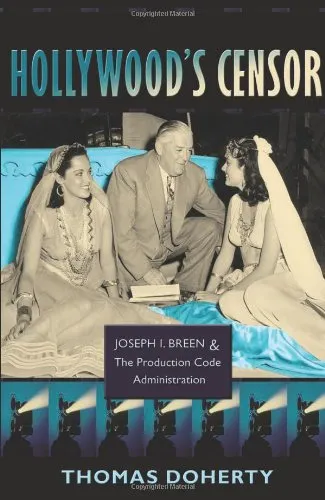Children, Cinema and Censorship: From Dracula to Dead End Kids
3.7
Reviews from our users

You Can Ask your questions from this book's AI after Login
Each download or ask from book AI costs 2 points. To earn more free points, please visit the Points Guide Page and complete some valuable actions.Related Refrences:
Introduction to 'Children, Cinema and Censorship: From Dracula to Dead End Kids'
Welcome to a captivating journey into the world of children's cinema and its censorship, where the allure of the silver screen meets the gatekeeping of societal norms. 'Children, Cinema and Censorship: From Dracula to Dead End Kids' offers an insightful exploration of how children's films have evolved in response to cultural and regulatory forces over the decades. This book peels back the layers of cinematic history, exposing the delicate balance between creative expression and moral guardianship.
A Detailed Summary of the Book
In 'Children, Cinema, and Censorship', readers are taken on a historical journey from the early 20th century to the modern era. The book delves into the complexities of how films intended for young audiences have been shaped by the ever-present specter of societal standards and censorship. Beginning with iconic classics like 'Dracula', the book analyzes how horror tropes were introduced to children's films and the subsequent reactions from parents, educators, and censors.
The narrative continues by shedding light on the rise of the 'Dead End Kids', a group of juvenile delinquents depicted in popular films of the 1930s and 40s. These characters reflect societal anxieties about youth misbehavior and the role of cinema in influencing young minds. The book further discusses the fluctuating perceptions of childhood innocence and the consequent shifts in film ratings, restrictions, and the portrayal of childhood adversity.
Throughout the chapters, the book offers a critical analysis of how censorship boards and filmmakers negotiate the content deemed appropriate for children. By weaving in thematic strands of history, sociology, and film theory, 'Children, Cinema, and Censorship' paints a comprehensive picture of the dialogue between cinema as an art form and its censorship as a cultural guardian.
Key Takeaways
- The evolution of children's films is deeply intertwined with cultural changes and the pressures of censorship.
- Regulatory frameworks and societal attitudes towards childhood have significantly influenced cinematic content.
- The negotiations between filmmakers and censorship bodies reflect broader societal debates about childhood, morality, and media influence.
- Understanding the history of cinema for children offers insights into broader cultural shifts and societal values.
Famous Quotes from the Book
"Cinema holds a mirror to the soul of society, reflecting its dreams as much as its fears. Nowhere is this more evident than in films made for the tender years of childhood."
"Censorship speaks to our deepest concerns and anxieties about youth and the pervasive power of storytelling."
Why This Book Matters
In an era where media is ubiquitous and rapidly evolving, understanding the history of children’s films and their censorship is crucial for educators, parents, filmmakers, and policy-makers alike. 'Children, Cinema, and Censorship' offers not merely a historical account but a thought-provoking examination of the values and anxieties that have shaped generations of young minds through cinema.
This book matters because it situates children's cinema within the broader cultural and historical context, encouraging readers to ponder the ongoing dialogue between media influence and societal values. As children continue to consume media in myriad forms, the underlying questions about what is deemed suitable for young audiences remain ever-relevant.
By providing a nuanced understanding of children's cinema and its regulation, 'Children, Cinema and Censorship' invites readers to engage with the timeless dilemma of protecting childhood innocence while embracing the educational and transformative power of film.
Free Direct Download
You Can Download this book after Login
Accessing books through legal platforms and public libraries not only supports the rights of authors and publishers but also contributes to the sustainability of reading culture. Before downloading, please take a moment to consider these options.
Find this book on other platforms:
WorldCat helps you find books in libraries worldwide.
See ratings, reviews, and discussions on Goodreads.
Find and buy rare or used books on AbeBooks.
1383
بازدید3.7
امتیاز0
نظر98%
رضایتReviews:
3.7
Based on 0 users review
Questions & Answers
Ask questions about this book or help others by answering
No questions yet. Be the first to ask!
